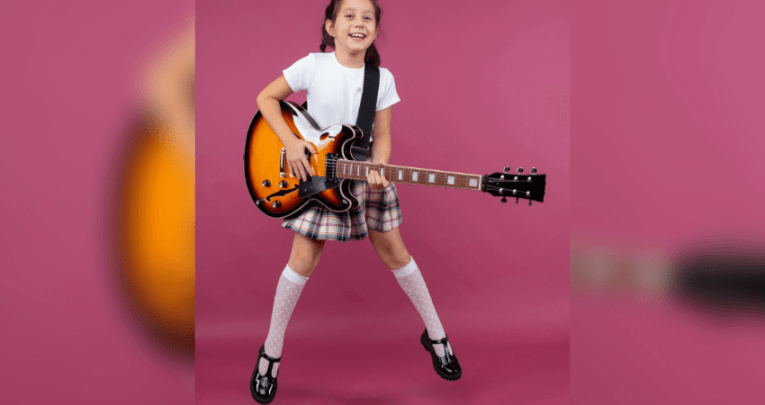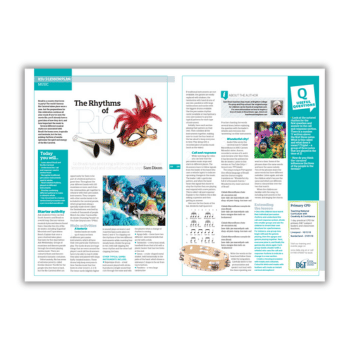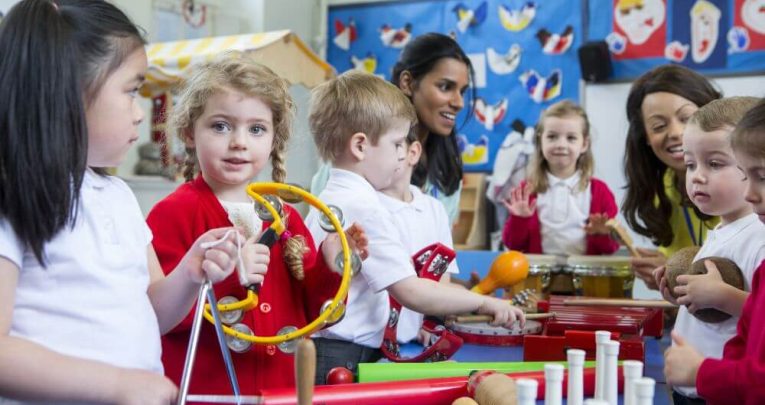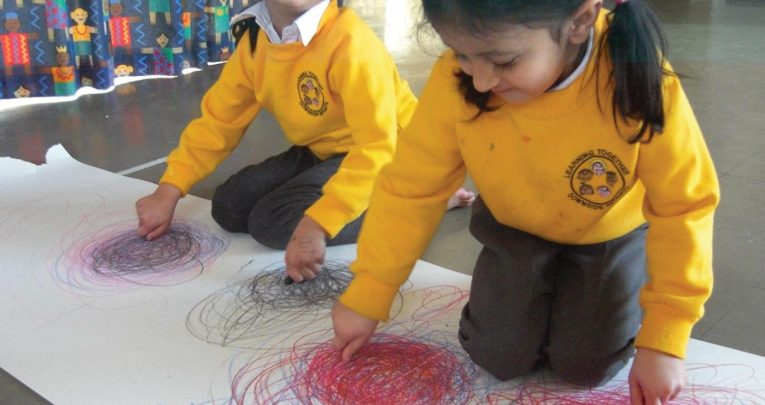Music assessment KS1 & KS2 – the what, why and how

Record plenty of videos and focus on skills to make sure your practical assessment is up to snuff, says Dr Liz Stafford

- by Dr Elizabeth Stafford
- Internationally recognised music education expert Visit website

Assessment in practical subjects such as music is always a thorny issue.
What should you assess when there is no written work to mark? What standard should pupils be aiming for in a subject that has no external benchmarks like SATs? And how do you even recognise progress in music if you’re not a confident musician yourself?
The good news is that assessment in music is as much a matter for debate for music specialists as it is for non-specialists, so if you’re a generalist class teacher, then you shouldn’t feel at too much of a disadvantage.
Although specialists and non-specialists are likely to experience different challenges with music assessment, it’s not plain sailing for anyone!
What should you assess?
Music is ephemeral and vague at best, and as an art and a form of expression some people might suggest that it should not be judged or assessed in any way.
However, we clearly do need to make sure that children are progressing with the music they take part in at school.
The most important thing to remember is that music is a predominantly skills-based subject.
In their recent Music Subject Research Review, Ofsted (2021) split it into declarative (fact-based), procedural (skills-based), and tacit (experiential) knowledge.
It is crucial to bear in mind that it is the procedural or skills-based knowledge that is the mainstay of your curriculum, delivered through tacit and experiential learning, and the declarative fact-based knowledge is only a very small part of what you do.
Therefore, if you are assessing progress solely through the use of knowledge grabbers and organisers, vocabulary lists, and testing or written work, then you will be missing most of the point of music!
The National Curriculums from the various devolved nations of the UK all require pupils to listen to, perform, and compose music.
All of these criteria involve taking part in different musical experiences that develop children’s skills, and for which they may sometimes – but not always – require some factual knowledge.
It’s therefore vital to make sure that your assessments cover the full range of knowledge types across all these areas.
For example, you may want pupils to be able to draw on the experience of listening to different types of music (tacit knowledge), so that they can analyse the stylistic features of the pieces they hear (procedural knowledge), and discuss and draw conclusions about them using musical vocabulary (declarative knowledge).
You will only know that they have developed across all these different types of knowledge if you assess them all.
How to mark music
As a music teacher, you’re naturally assessing all of the time; if you hear a wrong note, you point it out and have the pupil correct it.
Because this doesn’t feel the same, or as ‘official’ as collecting books, marking them and writing feedback in different coloured pens, you can sometimes forget this is a perfectly legitimate form of assessment; some might say, the most useful kind!
You will also be making a mental (or sometimes written) note of anything you need to remember for the next lesson – things to go over, children who need more support or challenge, resources that worked well or poorly, and so forth. All of this is assessment.
Looking at the National Curriculum for your country will help you to decide what you need to assess (and if your school’s curriculum is well designed this will have been built in seamlessly from the outset).
For example, the Curriculum for Wales provides a really useful progression framework for the Expressive Arts Curriculum (including music) broken down into clear progression steps, which show how children should develop in their learning over time.
You’ll also need to collect evidence of assessment, and in England the suggestion from Ofsted is that you do so via audio and video files.
On a practical note, I would advise that video is the best format, since it is much easier to match a face to a name than a sound to a name when files get mixed up!
Trending
But Ofsted purposes aside, if you’re going to go to the trouble of collecting video or audio evidence, then you may as well get maximum value out of it.
This means not just dumping it in a data folder somewhere waiting for the day that someone official wants to look at it, but using it as a teaching and learning tool.
Playing a video of your class’s performance back to them can be a really powerful tool for learning; having the opportunity to see and hear exactly what happened can help pupils to understand where improvements could be made.
You get extra bonus points if you can share the same video with parents so they can see what their children have been up to in school.
That’s three outcomes for the price of one video!
When should assessment happen?
Music very rarely dovetails well with formal whole-school assessment schedules.
If you are asked to assess each subject half-termly, then you may only have taught five or six hours of music, if that, compared to 40+ hours of English or maths.
Luckily for teachers in England, Ofsted have recognised this and stated that schools should be careful of applying one-size-fits-all policies to all subjects because it makes assessment the driver of the curriculum.
The ideal scenario is for teachers to set their own formal assessment schedules for music, but it can be tricky to know when to do it.
I approach it this way: whenever we start something new, I take a quick video of it, and once we come to the end (however many weeks that takes) I take a video of the final outcome, which more often than not is a performance of a piece of music – our own, or someone else’s.
In addition, if I see anything noteworthy happening in an individual lesson, I will take a quick video of that too.
This means that I have everything I need recorded, but it hasn’t taken away from too much of my teaching time, and I haven’t had to artificially manufacture assessment opportunities.
Why assess at all?
The idea of assessment has been hijacked over time.
What was once simply a teaching technique to help pupils do better has now become more about creating evidence to prove how well teachers and schools are doing their jobs.
This is one of the reasons that levels were abolished by the DfE in England in 2014, as they had become ‘meaningless’ to pupils and parents.
Of course, what then happened is that schools and resource providers created their own systems which were basically just levels by another name.
Fortunately though, of late the message seems to be getting though across the UK that we need to rethink our approach to assessment.
The new Ofsted Inspection Framework in England requires inspectors to look at ‘assessment evidence’ rather than internal data, and the new Curriculum for Wales calls for a significant overhaul of assessment procedures to ensure that they are used to support learner progress and teacher reflection.
We may now be approaching a golden age of assessment where we go back to its original purpose, to help pupils learn and progress, and teachers teach more effectively.
Further reading
- Teaching Primary Music by Alison Daubney (Sage, 2017)
- Assessment in Music Education by Martin Fautley (Oxford, 2010)
- The Primary Music Leader’s Handbook by Dr Elizabeth Stafford (HarperCollins 2021)
Dr Liz Stafford is the director of Music Education Solutions®, a global music education consultancy company, and Author of The Primary Music Leader’s Handbook published by HarperCollins. Follow Liz on Twitter @DrLizStafford










